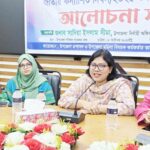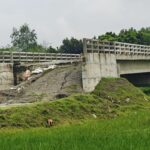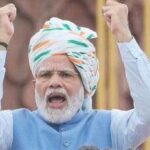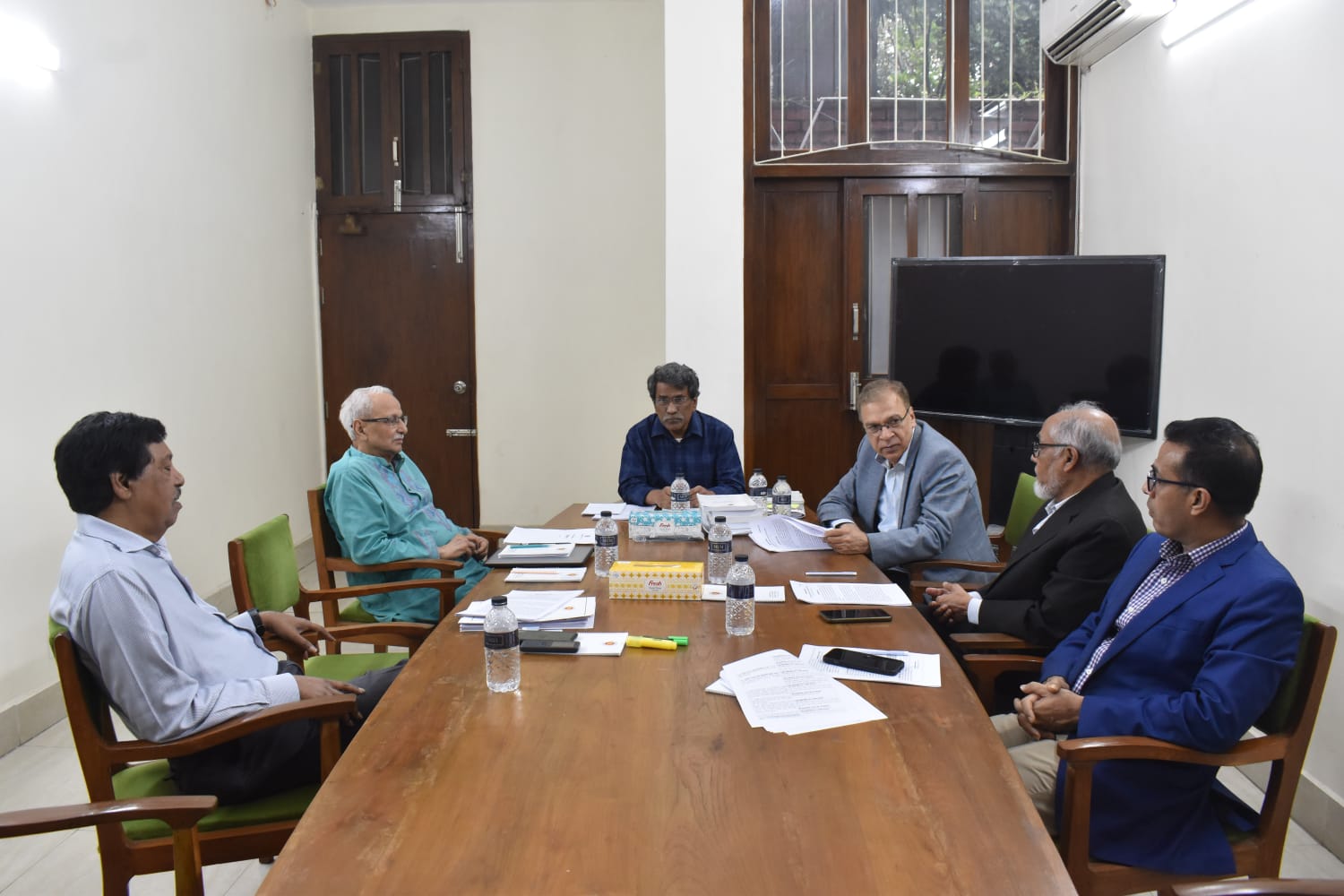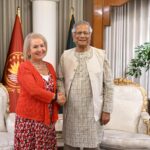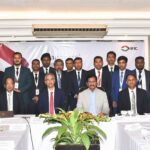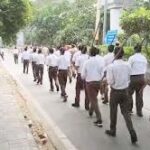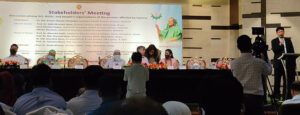
MT Desk: A stakeholders’ meeting among the government, NGOs and people’s organizations was held in the capital to discuss ways for achieving the target of zero leprosy in the country by 2030.
Speakers said, the disease is treatable and its test and treatment are available for free across the country. They called for building awareness in the country in this regard.
National Leprosy Programme (NLP) and partner NGOs jointly organized the daylong event with the support of Sasakawa Health Foundation (SHF), a partner organization of Nippon Foundation of Japan, at Officers’ Club on Thursday.
Dr. Md. Anwar Hossain Howlader, Secretary of Health Services Division, Ministry of Health and Family Welfare, attended it as the chief guest, while Prof. Dr. Shakil Ahmed, Director of Mico-bacterium Disease Control (MBDC), Directorate General of Health Services (DGHS), was in the chair.
Prof. Dr. Takahiro Nanri, Executive Director of SHF; Nilufer Nazneen, Additional Secretary, Health Services Division, Ministry of Health; Prof. Dr. Shamiul Islam, Director (Admin) of DGHS; among others, spoke on the occasion.
The chief guest, in his speech, mentioned about the Prime Minister’s declaration of making leprosy free country by 2030, saying that it is now imperative to chalk out anti-leprosy programmes following her declaration.
He said sincere collaboration among all the stakeholders is important to achieve the goal.
Nilufer Nazneen, while speaking, called for raising countrywide massive awareness and taking up anti-leprosy programme for achieving the target of leprosy free country.
In his speech, Prof. Dr. Shakil called on all concerned to be united in rooting out the disease. He underscored on conducting early leprosy case detection drive across the country and providing financial support to the affected people.
Dr. Aung J. Kay, Convener, Leprosy & TB Coordination Committee (LTCC), said in a bid to eradicate leprosy, it is needed to take up anti-leprosy programmes such as early case detection, conducting different surveys and camps, awareness building activities, training for physicians and other health staff. Hence, adequate financial allocation for leprosy in the national budget is important.
Dr. Aung called upon the government to take a leading role in taking up the anti-leprosy programme.
Dr. Mohammed Eunus Ali, Programme manager (Leprosy) of DGHS, said required financial allocation is needed for making the anti-leprosy programme successful.
The event was told that Leprosy is an infectious disease of the skin and nerves. It is an air-borne disease that transmitted by minute respiratory droplets. If not diagnosed and treated quickly, it can result in debilitating disabilities. About 3500 new leprosy cases are detected across the country every year in recent years. Of them, about 8% are disabled due to lack of timely and proper treatment.
